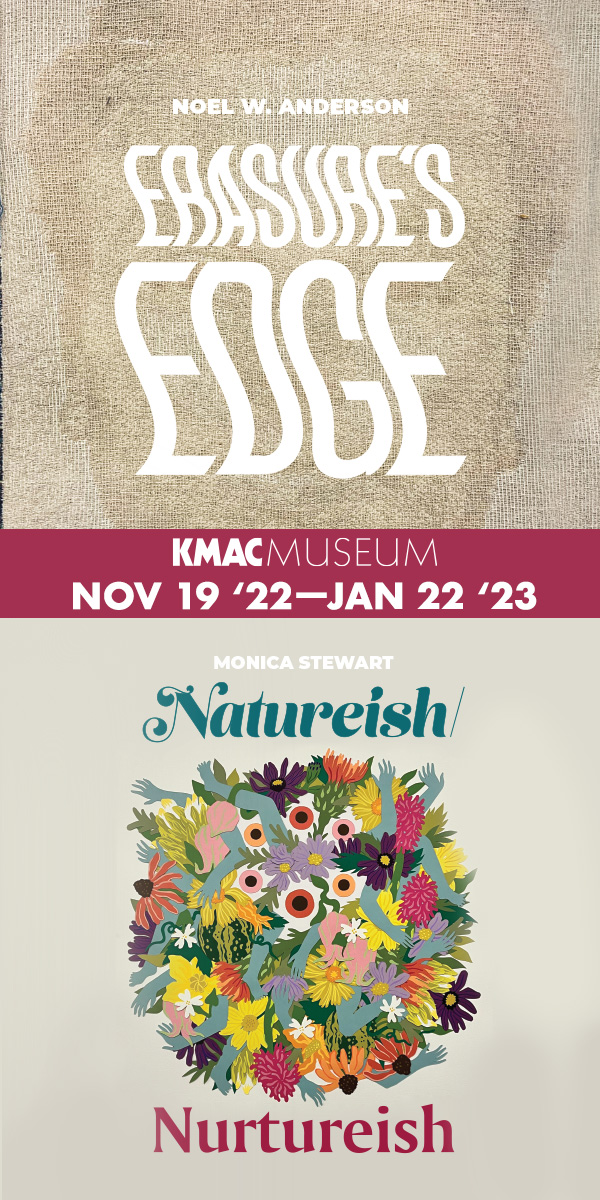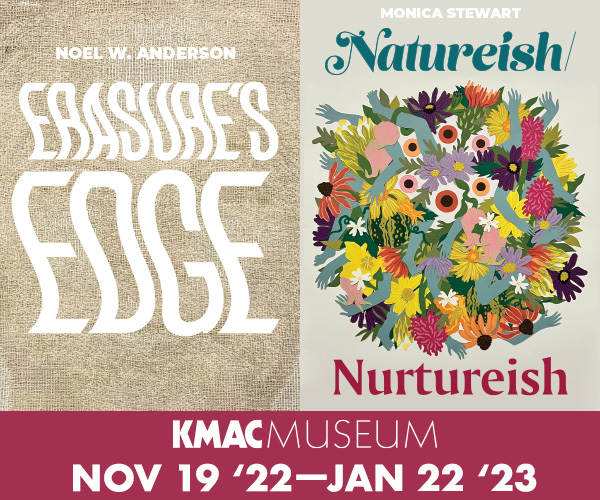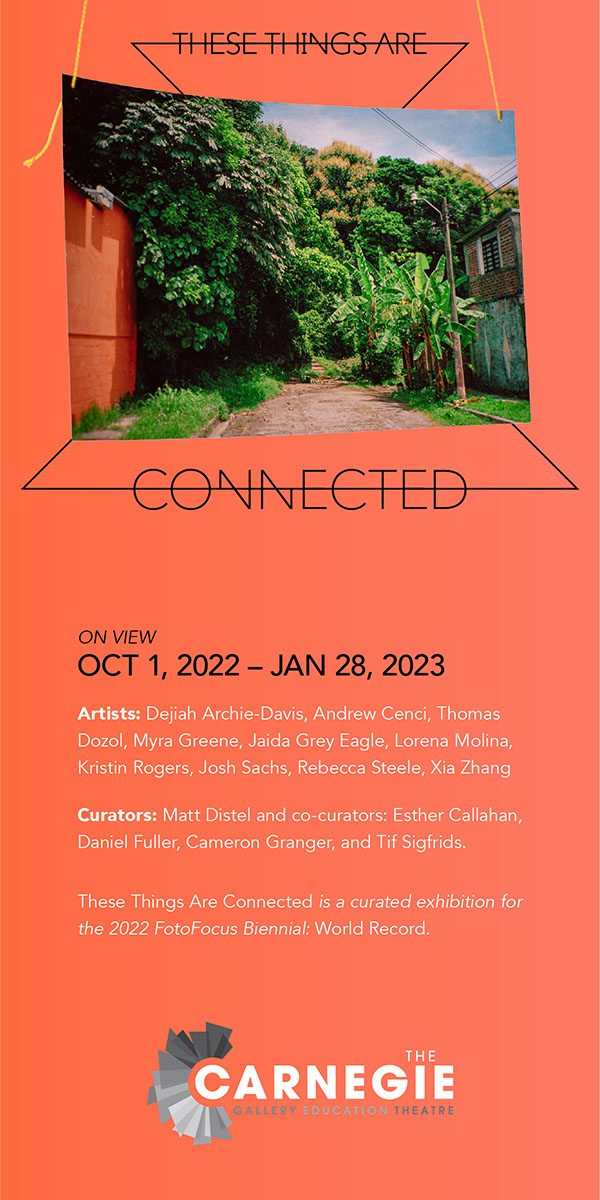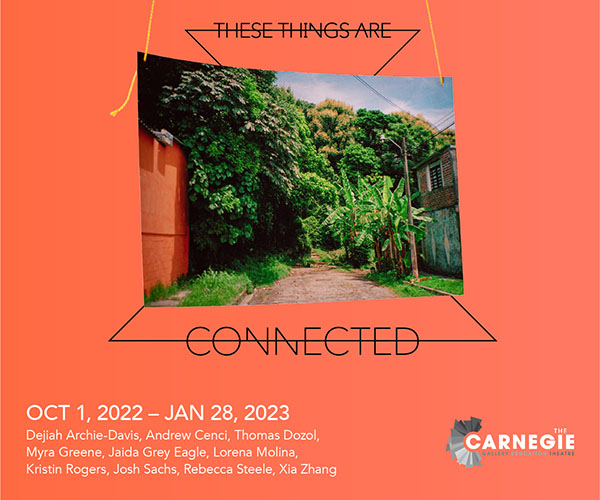“This is just my way of thinking, but I think those who are seeking the real hip-hop, they are not looking for just fashion but they are looking from the bottom of their soul.”
Coma-Chi is a Tokyo-native rapper, singer, DJ, and mother, currently living in the bay area of Hayama, Kanagawa Prefecture. She first heard about hip-hop when she was 15 and was deeply moved by the feminine strength of Lauryn Hill and MC Lyte. She started rapping as Coma-Chi at 20 and began writing lyrics after listening to Japanese rap groups like Rhymestar, Nitro Microphone Underground, and Tha Blue Herb. At 34, Coma-Chi reflects on the Japanese world around her from an underrepresented female perspective. Her lyrics include everything from relationships and the female point of view of going to the club to calling on the spirits of ancient Japanese empresses to speak to their modern feminine descendants.
In 2005, Coma Chi participated as the only female in the pioneering annual B-Boy Park MC battle in Yoyogi Park, in Tokyo. When the organizers planned the tournament, they had not envisioned that a female MC would make it to the final, so they organized the final to be in the center ring of the sacred sumo stadium, Ryogoku Kokugikan. Traditionally, women are not allowed to enter the ring, which created quite a debacle when Coma-Chi fought her way to the final. At first, the organizers had discussed suspending the final battle, but ultimately determined that, since it was not sumo, she could participate with the caveat that she could not wear high heels in the ring. Barefoot and determined, Coma-Chi took second place and became the first female ever to battle in the reverent Dohyo of Ryogoku Kokugikan.
In 2006, she put out her first independent release, “Day Before Blue”, on Da.Me Records, and the success from this record and her fame from B-Boy Park lead to her signing a contract with Knife Edge Records. In February 2009, Coma Chi released her first major label album called “Red Naked” and, a year later, released a second album called “Beauty or the Beast?” in May of 2010. When she made her major label debut, there was a feeling that only male rappers were allowed in Japan’s rap scene, but Coma-Chi wanted to change that. Being a trailblazer, Coma-Chi overcame the initial looking down on female rappers in Japan, and when she made her major label debut, she proved that women could do it and do it well. In 2011, Coma-Chi finished her contract with Knife Edge and decided to take her career in a different direction.
After experiencing the lack of control that major label artists experience and how they often don’t take the artist’s opinions into consideration, Coma-Chi decided to return to putting out her music independently. She started her own label called Queens Room Records, which first published a children’s picture book and CD called “A Boy Called The Sun”. Inspired by the 2011 Fukushima disaster, this books talks about the connections of love and nature and is about a young boy’s parents who catch a disease called “American Dreamâ€. The disease forces him to go around asking for advice on a cure. He ultimately asks the sun, who says that they must return back to the origin of human beings, in Africa, to be healed. When they are healed, they become African. The book also comes with a CD that has a collection of original R&B, jazz, and afro-beat music on it.
In 2012, after doing loads of features on tracks with Japanese hip hop stars like RIP SLYME, Rhymester, Zeebra, Coma-Chi put out her first full independent album on Queen’s Room called “Golden Source”, and, in December 2013, she gave birth to her first child.
Her new album, released on Queen’s Room in March of 2018, is called “Jomon Green”, and it was inspired by a photo in a magazine that Coma-Chi saw last year. The photo was of a Kaen-Doki, a Jomon-era earthenware piece from around 4000 B.C., and she felt like our modern society was in great need of the ancient wisdom from the Jomon Period, a period of human civilization in Japan stretching from 14,000 B.C. to 300 B.C. and noted for the earliest evidence of fired clay pottery. She studied more about the era and discovered that, within it, there was a period of 10,000 years with no war. She also discovered that, because they were hunter-gatherers, they lived a sustainable lifestyle and the Jomon civilization was a maternal society, where mothers were the center of society. Ultimately, Coma Chi wanted to meditate on the connection between strong ancient Jomon matriarchs and women in today’s modern Japan and she does this very thing on her song, “Woman” (see below for link and lyrics).
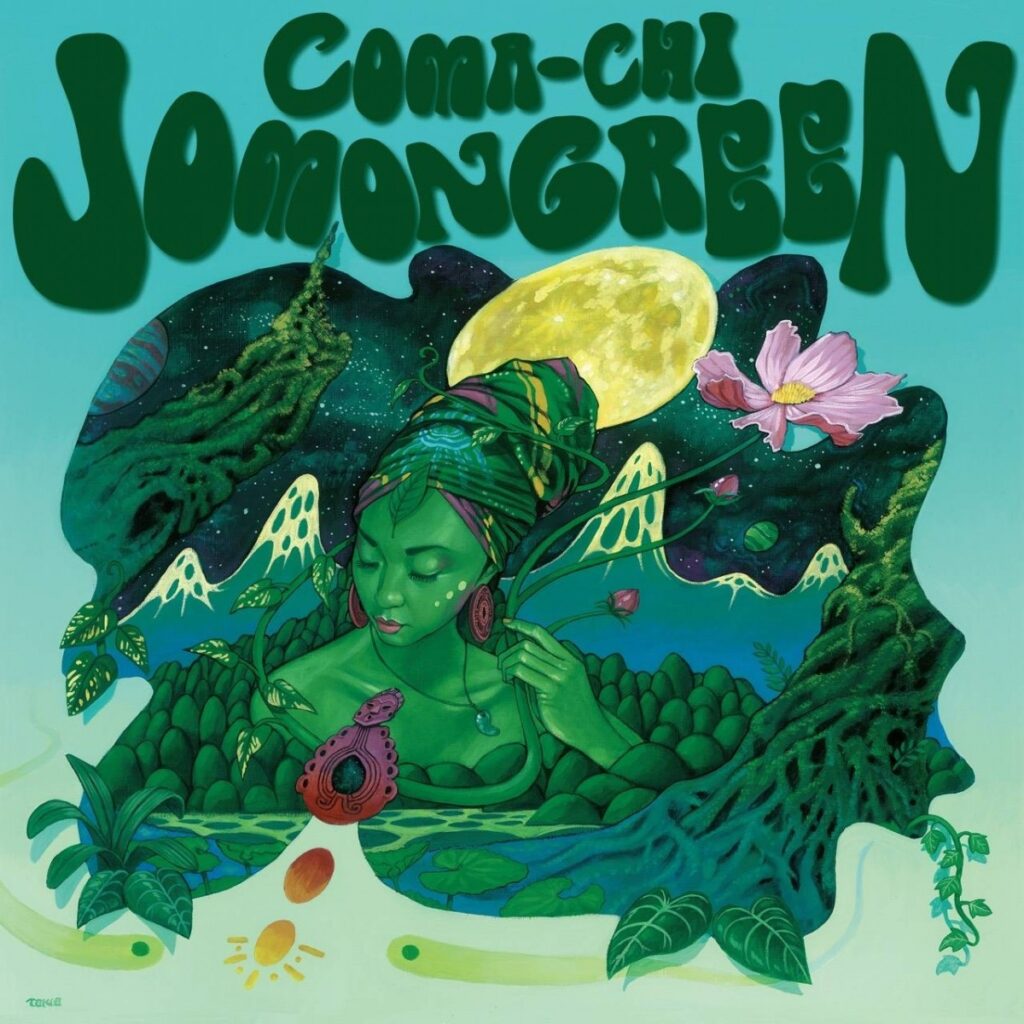
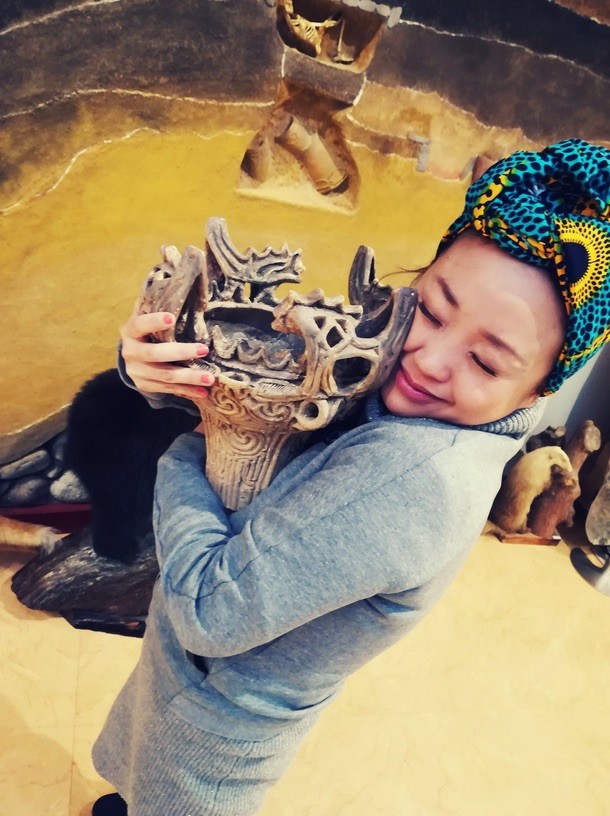
I asked Coma-Chi to tell us some other Japanese female MCs that we should celebrate and she recommended a Shinto Shrine employee named MC Mystie, who started rapping at 42 and is featured on “Jomon Greenâ€. She also recommended Tsubaki, who is also featured on this list. Her favorite female rapper in the world, at the moment, is Rhapsody.
When I asked her what message she wanted to share with our English-speaking audience, she said that you can listen to her album Jomon Green from anywhere in the world, that there is a song on the album called “Water” that has English lyrics, and she wants you to give it a listen and feel the ancient Japanese vibrations.
You can find more information at http://www.queens-room.com/
Listen to my interview with Coma-Chi here, with interpretation help from Junko Takahashi.
[aesop_video width=”content” align=”center” src=”youtube” id=”XQmxpn2Z7g0″ disable_for_mobile=”on” loop=”on” autoplay=”on” controls=”on” viewstart=”on” viewend=”on” revealfx=”off” overlay_revealfx=”off”]
Lyrics to Coma-Chi’s Woman:
戦ã†ãŸã‚ã«ç”Ÿã¾ã‚ŒãŸã‚ã‘ã˜ã‚ƒãªã„ 大事ãªã‚‚ã®ãŸã 守りãŸã„
Overflowing love, I don’t deny it anymore.
溢れã ã™æ„› ã‚‚ã†å¦å®šã—ãªã„ 心ã«åºƒãŒã‚‹æ¯ãªã‚‹å¤§åœ°
Mother Earth, which spreads in the heart.
両手ã§ãƒã‚°ã™ã‚‹ã‚½ã‚¦ãƒ« å›ã«å±Šã‘る優ã—ã„鼓動 「ãŠã‹ãˆã‚Šã€
Soul to hug with both hands, gentle heartbeat to deliver to you.
ã“ã“ãŒå¸°ã‚‹å ´æ‰€ 何故ã£ã¦ç”ãˆã¯ã²ã¨ã¤ Because
Welcome back, here is the place to return to. Why? The answer is one because
We are the woman…
安らãŽã® æŒã‚’æŒãŠã†Let’s sing a song of peace.
This is the women’s world
ãã†ãã‚Œã¯DNA 組ã¿è¾¼ã¾ã‚Œã¦ã„ã‚‹ã®ã•å…ˆå¤©çš„ã« ã‚€ã—ã‚原始人
Yes it’s DNA, inherited congenitally, rather than from primitive man.
ãƒã‚¢ãƒ«ãƒ‡ãƒ«ã‚¿ãƒ¼ãƒ«ã®é ƒã‹ã‚‰ãšã£ã¨å—ã‘継ã„ã§ããŸé•·ã„æ´å²
It’s a long history, inherited all the time, since the age of Neanderthal.
女ã¯å®ˆã‚Š æ„›ã—育㿠一人一人ãŒã¾ã‚‹ã§å¥³ç¥žã•ã¾
Women protect, love, and raise; each one is a complete goddess.
ã ã‹ã‚‰ã„ãŸã‚ã£ã¦ãã®ä½“ ã„ã¤ã‹å¤§äº‹ãªåを宿ã™ã‹ã‚‰
So, please take care of the body because one day you will carry an important child
ãã—ã¦ãã®å‘½ãŒç¹‹ãŒã‚Šæœªæ¥ã¸ç¾½ã°ãŸãç·‘ã¯è¼ãæ°´ã¯é’ã
And the life connects; to the future, wings flapping, green shimmers and water is blue;
ã“ã®ç¾Žã—ã„地çƒã‚’彩るcolorã«ãªã‚‹
Those will become the colors of the beautiful Earth.
明日を担ã†åŠ›ç”Ÿã¿å‡ºã™ æ¯ã®åå®®æµã¿ã®ã²ã¨ã—ãšã
Mother’s womb creates power for tomorrow, one drop of mercy,
苦ã—ã¿ç”£ã¿è½ã¨ã™ æ€ã„残ã™ã“ã¨ãªã種を残ã™Because
Suffering by giving birth, never regretting leaving seeds behind because
We are the woman…
安らãŽã® æŒã‚’æŒãŠã†Let’s sing a song of peace.
This is the women’s world
ç”·ãŸã¡ã¯ç«¶ã„åˆã†äº‹ã§å¾—ã‚‹å¿«æ„Ÿ æ·±ã‚ã¦ã‚†ã絆
Men gain pleasure and deepen bonds by competing.
ãã‚Œã‚‚ç´ æ•µã ã‘ã©ç§é”ã¯é•ã†ã®æ–¹æ³•ãŒ
It’s nice as well, but we are different; the methods.
åŒã˜åœŸä¿µã˜ã‚ƒæ¯”ã¹ã‚‰ã‚Œãªã„ã®ã‚ã‹ã£ã¦ã¡ã‚‡ã†ã ã„
We cannot be compared on the same ring, please understand.
ã“ã®ä¸–ç•Œã®æ§‹é€ 自体通用ã—ãªã„新時代
New era, the structure of this world itself is not accepted.
Back toæ¯ç³»ç¤¾ä¼š å¶åƒå´‡æ‹ãªã‚‰ç¾Žã—ã„裸体
Back to the maternal society, if it is idolatry, beautiful naked body
マグダラã®ãƒžãƒªã‚¢å®ã®ã‚ã‚Šã‹éš ã™å†…å´
Mary of Magdalene, inner-side hides the treasure.
æ…°ã‚ç™’ã™åŠ› ãã£ã¨ä½•ã‚ˆã‚Šã‚‚å°Šã„ã‹ã‚‰
The power of comfort and healing, there is nothing more precious.
確ã‹ãªç¬¬å…æ„Ÿã¨å…±æ„ŸåŠ›ãƒ•ãƒ«ç¨¼åƒã—ã¦æŒ¯ã‚Šã¾ãã®ã•LOVEã‚’
Fully operating a certain sixth sense and compassion; spread love.
笑ã‚ãªã„ã§ã‚ˆã‚¹ãƒ”リãƒãƒ¥ã‚¢ãƒ«ãªæ³¢å‹•
Don’t laugh, spiritual wave
Don’t think feel ä¼ãˆã‚‹æ„Ÿæƒ…
Don’t think, feel emotion to tell
æ¯ãªã‚‹åœ°çƒ ã¿ãŸã包ã¿è¾¼ã‚€ 許ã—与ãˆã‚‹å…¨ã¦
Embrace like the Mother Earth. Forgive and give all.
æ··ã–ã‚Šã‚ã†è‰² 時ã¯å„ªã—ã 溢れ出ã™æ°¸é ã®Love‥
Mixed colors, time is gentle. Overflowing eternal love.
The folks at Japanesepod101.com also featured Coma-Chi and her track “The Voices of Kamuy” from Jomon Green and you can check it out here:
[aesop_video width=”content” align=”center” src=”youtube” id=”5m7WrqY04Jo&feature=youtu.be” disable_for_mobile=”on” loop=”on” autoplay=”on” controls=”on” viewstart=”on” viewend=”on” revealfx=”off” overlay_revealfx=”off”]
Also, check out her latest release, “This is Japan”, inspired by Childish Gambino’s “This is America” : https://soundcloud.com/coma_chi/this-is-japan

